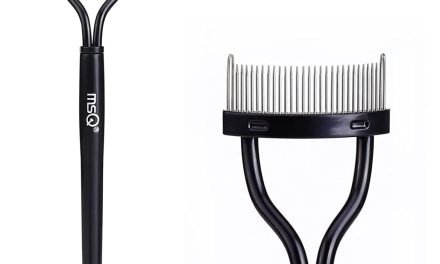
In past blogs I’ve
written about the recognizable pattern to behavior change including five stages:
- Pre-contemplation (I’m not even thinking about changing a behavior),
- Contemplation (I probably should change this behavior),
- Preparation (I’m gathering information about making the change),
- Action (I’m taking steps to change), and
- Maintenance (I’ve changed the behavior for the better).
Two of these stages
of change – contemplation and preparation –
largely feed the multi-billion-dollar infomercial industry hawking nutritional
supplements, fitness equipment, and miracle instant-life-enhancers as people dance
between the two stages but find themselves unable to move into sustained
action.
Plans and Positive Health Habits
Why is it so
persistently difficult to move into action and maintenance when trying to
change a behavior or adopt a new
healthy habit – even when we have the desire?
I’ve talked about
changing attitudes and expectations around aging and wellness, and about
creating a vitality
plan and making regular vitality deposits. But I think there is something
else working under the surface to derail positive change.
Goals vs “Shoulds”
Perhaps when we
have a goal in mind – get stronger, lose 15 pounds, get more organized, clear
out clutter – it often becomes a chore on our long list of “should.” My friend
Chris often says, “Stop “shoulding” all over yourself.”It always brings a laugh, but it also merits some thought.
When a goal sits in
the should category, there’s very
little chance that you’ll feel committed to the steps necessary to accomplish
that goal. In fact, it’s more likely that it becomes demoralizing rather than
motivating.
For example, many
women are in a perpetual state of “I should lose 15 pounds.” Have you ever
heard the phrase“You wouldn’t weigh
as much if you got off your own back”? Another one of Chris’s favorite sayings!
I’m not advocating
for giving up on self-improvement, but when self-improvement is so continuously
difficult to accomplish that it mocks you at every turn, then perhaps it’s time
to step back and look at your persistent list of shoulds.
Free-Writing for Insights
Consider writing
each should at the top of a page – a
separate page for each one! Then write down why this item is on your list. Don’t
spend too much time crafting the reasons but instead just free-write words and
phrases that relate to why this item is on your list.
Next, free-write
why you think it’s been so difficult to accomplish this particular goal. When
you make attempts to achieve this goal, how long does the effort usually last? What
has stopped you in the past? What stops you from just erasing it from your
“list” altogether?
Again, don’t try to
make it pretty or lyrical, just write words and phrases that reveal motivations
for this goal and barriers to making it happen.
Now consider how
you would feel and free-write about:
- what would change in your life if you accomplished
this goal, - what would change in your life if you didn’t
accomplish this goal, and - what would change in your life if you simply erased
it from your list completely.
This process can
help you identify what things on your persistent self-improvement list are
actually goals that you want to pursue and which ones simply landed there by
default as a should.
A Deliberate Shift
Consider whittling down
your list to things that truly matter. Look at your free-writing for clues and
pay close attention to how you feel about a particular goal and about specific actions
that would take you towards that goal.
Does it feel like a
chore? Do the actions feel forced? Change is often uncomfortable and certainly
more difficult than just staying the same, but is there a way to bring joy to
the process?
Without a sense of
joy and opportunities for fun somewhere along the path, goals can stall
permanently. Perhaps you can engage a friend to work together towards a goal or
turn it into a game with children or grandchildren.
Take time to celebrate
the things you love about yourself right now –
today –so you can start any type of change from
a position of strength. Plan for joy and fun as you take small steps towards
your goals. Life is far too short, and joy far too important, to squander on shoulds.
Visit the Ignite Personal Vitality and the Articles & Resources tabs at www.kayvannorman.com to download free
articles and other resources to support positive lifestyle changes.
What’s on your persistent self-improvement
list? Are there any shoulds on the
list? If so, why are they there, and should they stay or go? I would love to
hear your thoughts, so please join the conversation!





